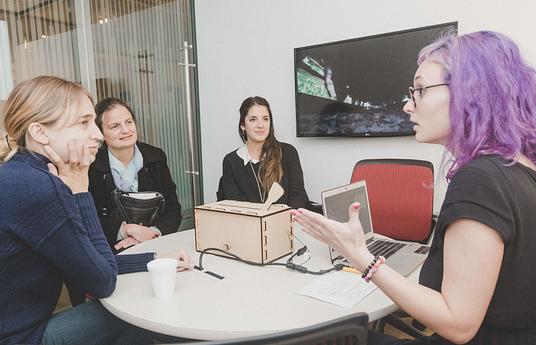Rural and urban slums in Venezuela lack stable basic services like electricity, water, mobile or internet connectivity. During the last years, the socio-economic crisis has increased the vulnerability of teachers and students from public schools. Numbers of students dropping school are continuously rising. The COVID-19 pandemic, far from improving, has worsened their schooling situation.
Aseinc designed NVELE to support children from vulnerable and high-risk sectors that were left out of the school system. The integral program aims to identify, engage, train and equip not only teachers but parents, caretakers, and community leaders as NVLE's Community Facilitators, to bring these kids back to school. Minimum skills were required: literacy, math, and self-motivation to deliver. NVELE develops linguistic and mathematical skills through the stimulation of logical and critical thinking and through the knowledge and management of emotions (soft skills). NVELE rapidly gained strength with the COVID-19 outbreak in March 2020. Schools were closed and teachers were extremely limited to travel to their communities. With the support of sponsors and communities, Aseinc opened “alternative classrooms” and Community Facilitators agreed to be part of the effort during the pandemic. Tools included psycho-emotional material and a food program for participating families.
Since 2019 and with the support of key social responsible partners (Education Cannot Wait and UNICEF), Aseinc created 86 NVELE alternative classrooms in Venezuela; 12,287 children and adolescents participated; 53,382 food kits, 43,063, hygiene kits and 24,534 education kits were provided. Up to date 24,191 cases received psychosocial support and more that 1,500 information flyers distributed. Aseinc has trained 518 Community Facilitators in inclusive pedagogy and fast learning to support more than 3,100 children and youth to go back to school. Even though 84% of kids participating in the program were leveled according to their grade and age and enrolled in their local school, there are still 5,690 kids out of school in the communities where the program was released.
If any organization or community is interested in NVLE, Aseinc (Asociación para el Desarrollo de la Educación Integral y Comunitaria - Association for the Development of Comprehensive Education and Communities) is happy to share information on how to adapt the program to other vulnerable communities and increase the impact in more regions. Contact via email Carolina Orsini, Executive Director.



